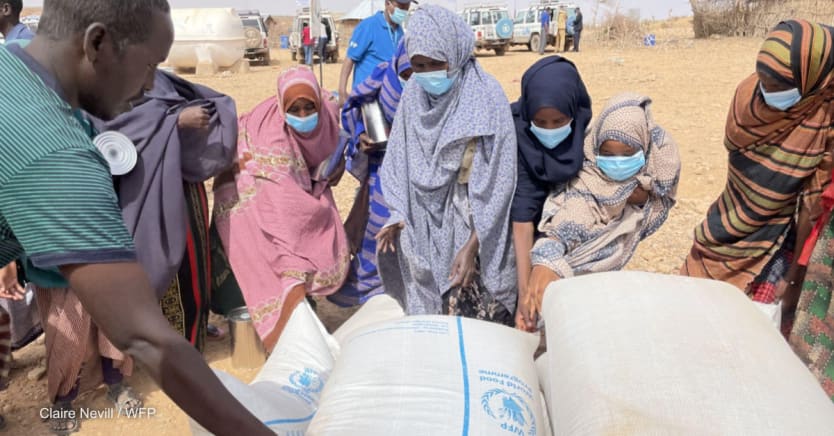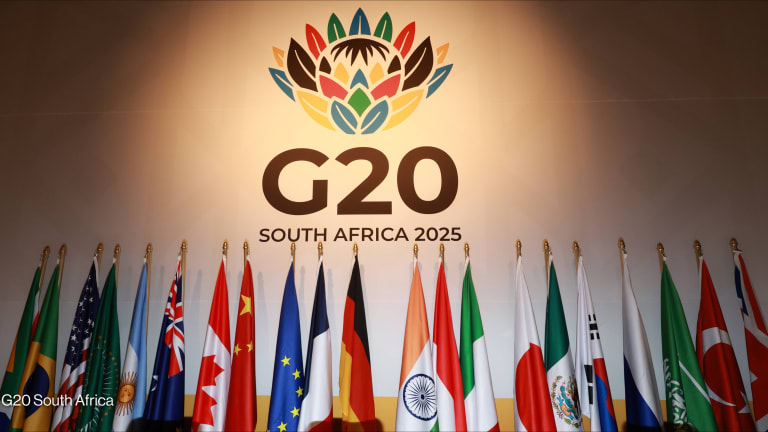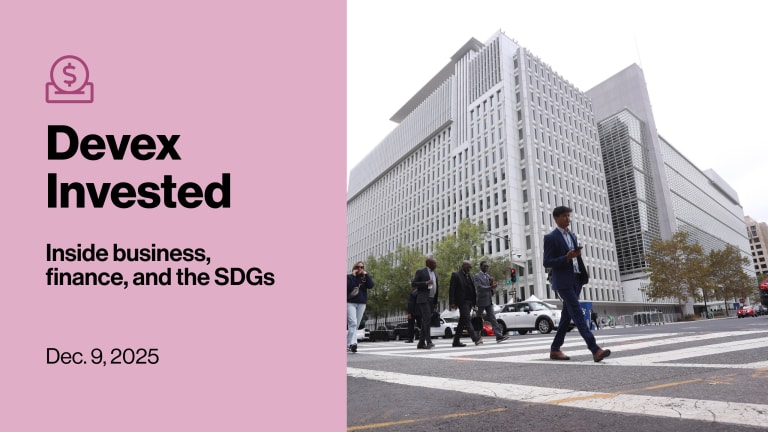
Low-income nations worldwide are being hit by “overlapping crises” that are creating an “unprecedented situation,” a senior World Bank official warned following a key meeting in Senegal with African leaders to launch the rollout of $93 billion in funding.
Akihiko Nishio, the multilateral lender’s vice president for development finance, told Devex that leaders faced tough choices as they weighed trade-offs between getting food to hungry people and having enough funds to develop their nations’ economies.
“This tension between short term and long term was something that I noticed very strongly,” Nishio said. “That's what the countries are grappling with, each and every one of them.”
New funds: Senegal hosted 22 African heads of state and government for a conference of the International Development Association, a World Bank fund for the lowest-income nations that gives out grants and concessional loans in three-year cycles. The first projects are set to be approved in the coming days.
The previous IDA round was cut short by a year as the bank front-loaded money because of the COVID-19 pandemic. Given spiking food costs and rising poverty, Nishio said up to $5 billion from the pot may similarly be brought forward this year for early disbursement.
Development: Sectors like health and education, which were making gains before the pandemic, are slipping as poverty rates rise in part due to the war in Ukraine. Progress has “stopped or gone backwards — and the African countries were noticeably concerned about that,” Nishio said.
Debt: The debt crisis was a key topic of concern at the conference, Nishio said. “In most cases, there are major policy issues with the countries themselves that need to be fixed in order for them to get a sustainable debt financing path,” he said, highlighting problems related to transparency around loans. IDA is dedicating funds to help countries deal with this issue, he added.








